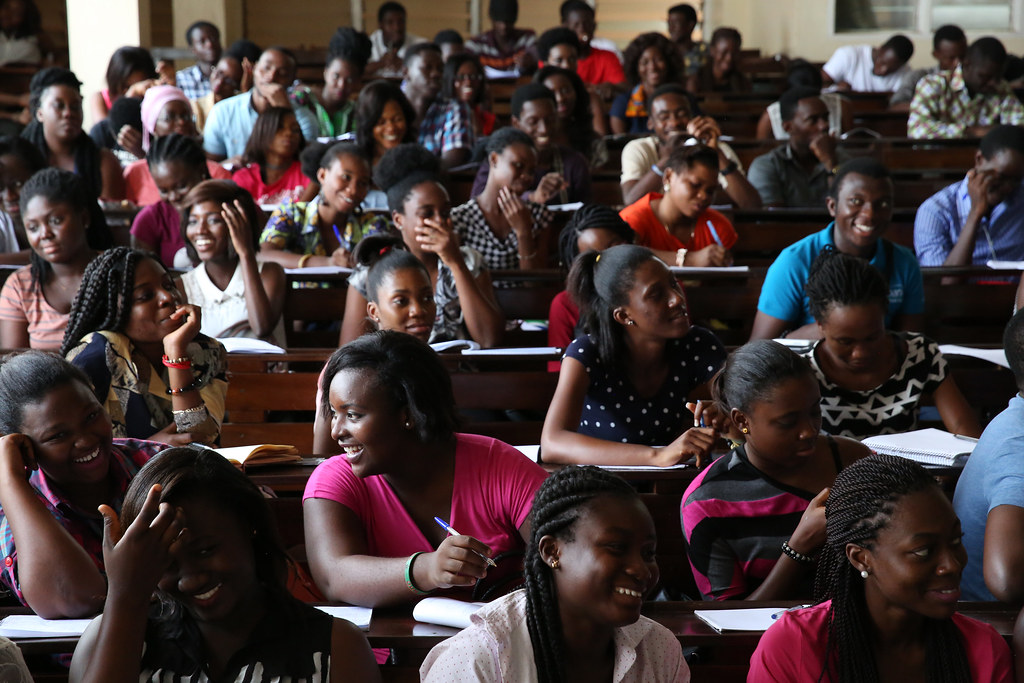Introduction
Higher education plays a pivotal role in shaping the future of individuals and societies. In the context of Africa, investing in higher education holds immense potential for driving economic growth, fostering social cohesion, trust, and tolerance, and ultimately contributing to greater political stability. This blog aims to explore the multifaceted benefits of higher education in Africa, supported by relevant research and studies. This should provide you with an understanding of our mission and vision for Albion Business School.
Economic Growth through Higher Education
Numerous studies have highlighted the positive correlation between higher education and economic growth. As individuals acquire university-level education, they develop a range of knowledge, skills, and competencies that are highly sought after in the labor market. According to a report by the World Bank (2019), higher education equips individuals with the necessary tools to engage in productive and innovative economic activities, leading to increased productivity, higher incomes, and overall economic development.
Investments in higher education also contribute to the development of a skilled workforce. A highly educated workforce fosters innovation, enhances productivity, and attracts foreign direct investment (FDI). The African Development Bank (2020) asserts that higher education institutions play a crucial role in producing graduates with the skills and expertise required for emerging industries such as technology, renewable energy, and healthcare, thereby driving economic diversification and sustainable growth.
Social Cohesion, Trust, and Tolerance
Higher education serves as a powerful catalyst for fostering social cohesion, trust, and tolerance within societies. A study conducted by Heyneman and Loxley (1982) found that individuals with higher levels of education exhibit greater social tolerance and acceptance of diverse perspectives. By promoting critical thinking, exposure to diverse cultures, and intellectual discourse, higher education nurtures a culture of inclusivity, understanding, and appreciation of differences.
Furthermore, universities provide platforms for students from various backgrounds to interact, collaborate, and build lasting relationships. This multicultural environment cultivates empathy, respect, and cross-cultural understanding, which are essential for nurturing social cohesion. The United Nations Educational, Scientific and Cultural Organization (UNESCO) emphasizes the role of higher education institutions in promoting intercultural dialogue and fostering a culture of peace and tolerance (UNESCO, 2015).
Political Stability
The relationship between higher education and political stability has been extensively explored in academic research. Studies have consistently shown that countries with higher levels of education tend to experience greater political stability. Higher education equips individuals with critical thinking skills, analytical abilities, and a deeper understanding of democratic principles, governance, and human rights. This knowledge empowers citizens to participate actively in political processes, engage in informed decision-making, and hold their governments accountable (Hanushek & Woessmann, 2012).
Additionally, higher education institutions often serve as spaces for civic engagement, where students can voice their opinions, debate societal issues, and advocate for positive change. Such environments nurture an active and informed citizenry, contributing to the stability of democratic institutions.
Conclusion
Higher education in Africa holds tremendous potential for driving economic growth, fostering social cohesion, and promoting political stability. Investing in higher education institutions and supporting access to quality education can yield significant benefits for individuals and societies as a whole.
By equipping students with relevant knowledge, skills, and competencies, higher education empowers individuals to contribute meaningfully to their economies, driving innovation and productivity. Furthermore, higher education institutions act as crucibles for nurturing social cohesion, trust, and tolerance through diverse interactions, exposure to different cultures, and the promotion of intercultural dialogue.
To realize these benefits fully, policymakers, governments, and international organizations must prioritize investments in higher education, ensuring equitable access and quality education across Africa. By doing so, we can foster economic growth, social harmony, and political stability, paving the way for a prosperous and inclusive future for the continent.

 using WordPress and
using WordPress and
Comments are closed